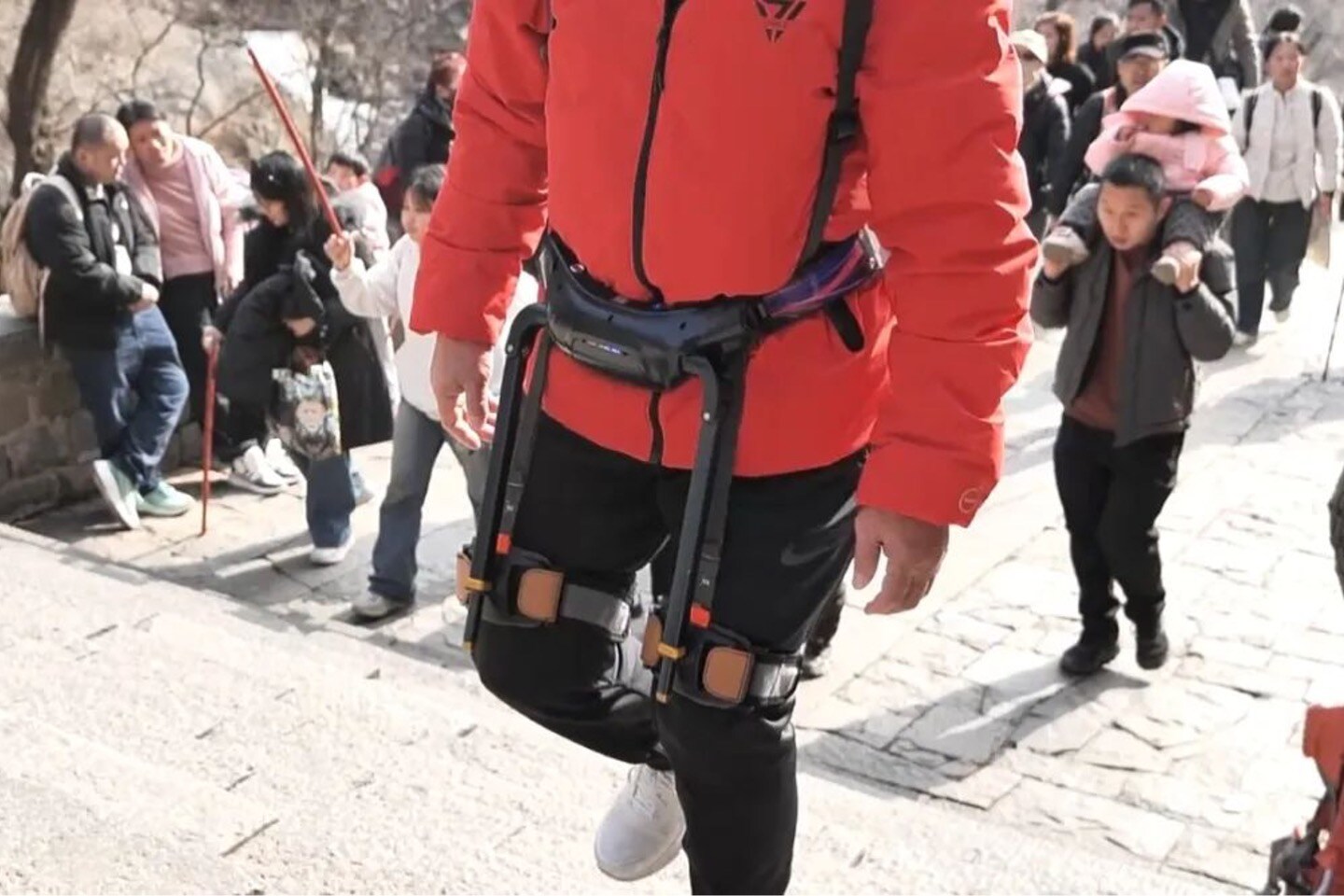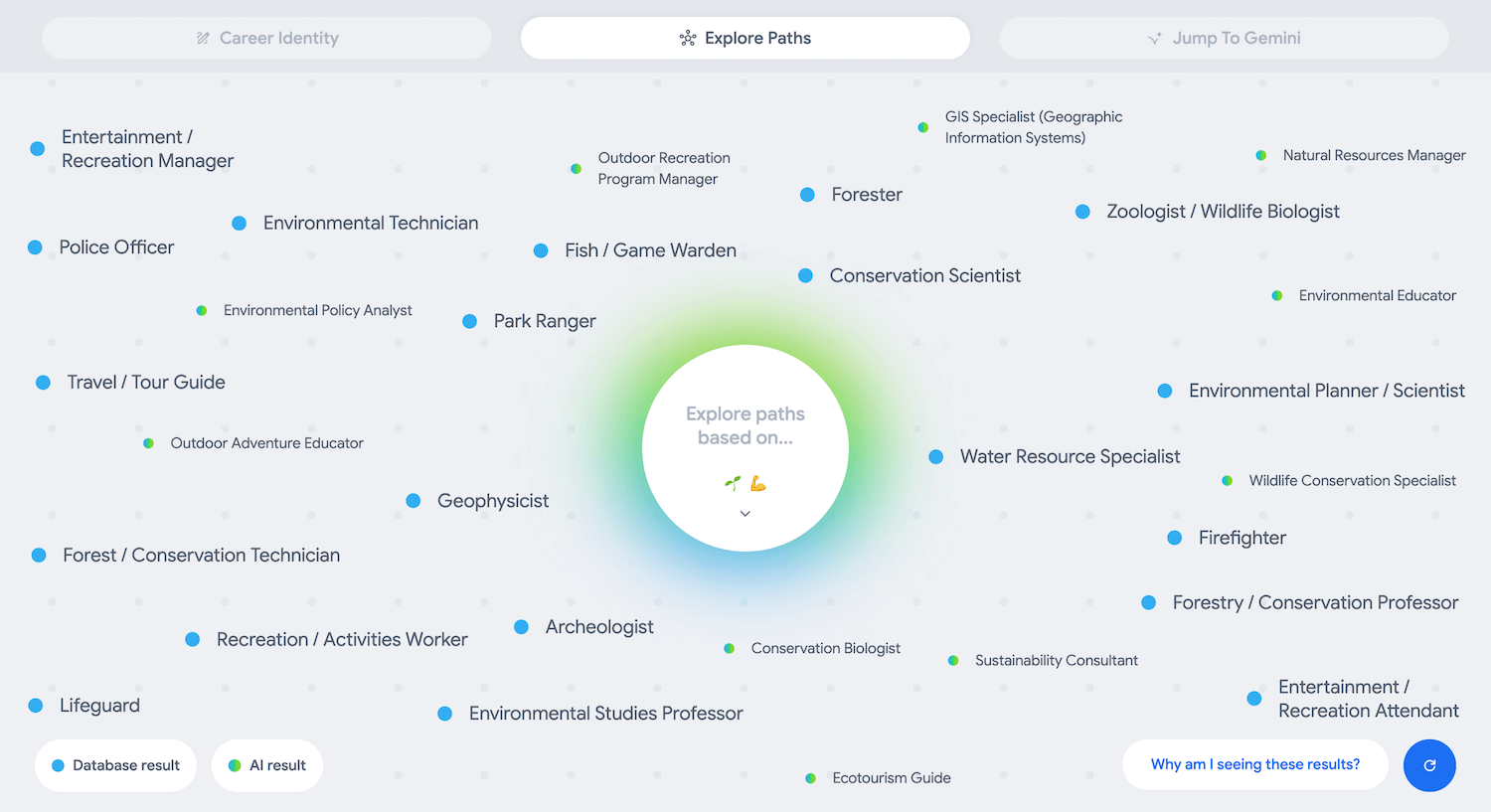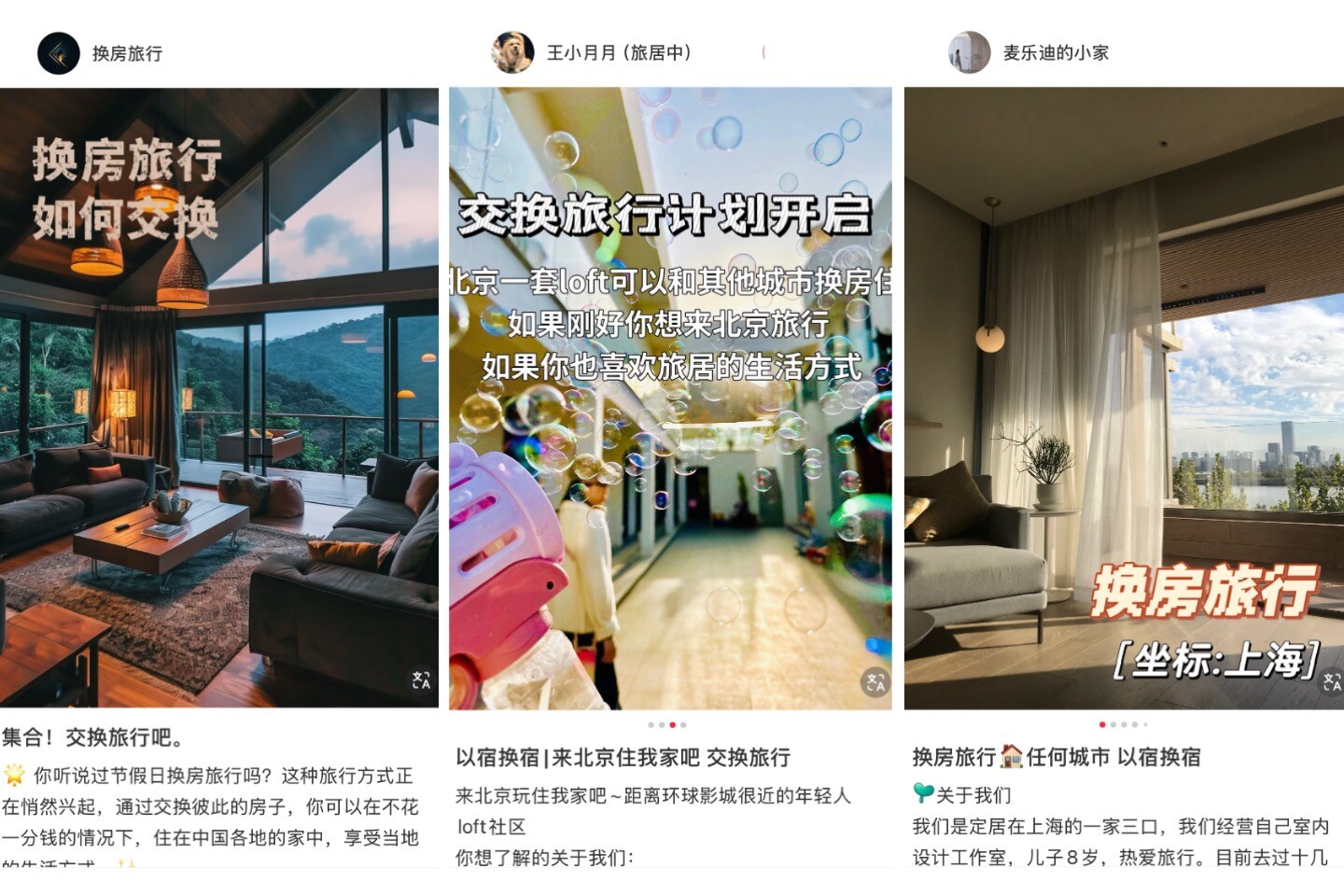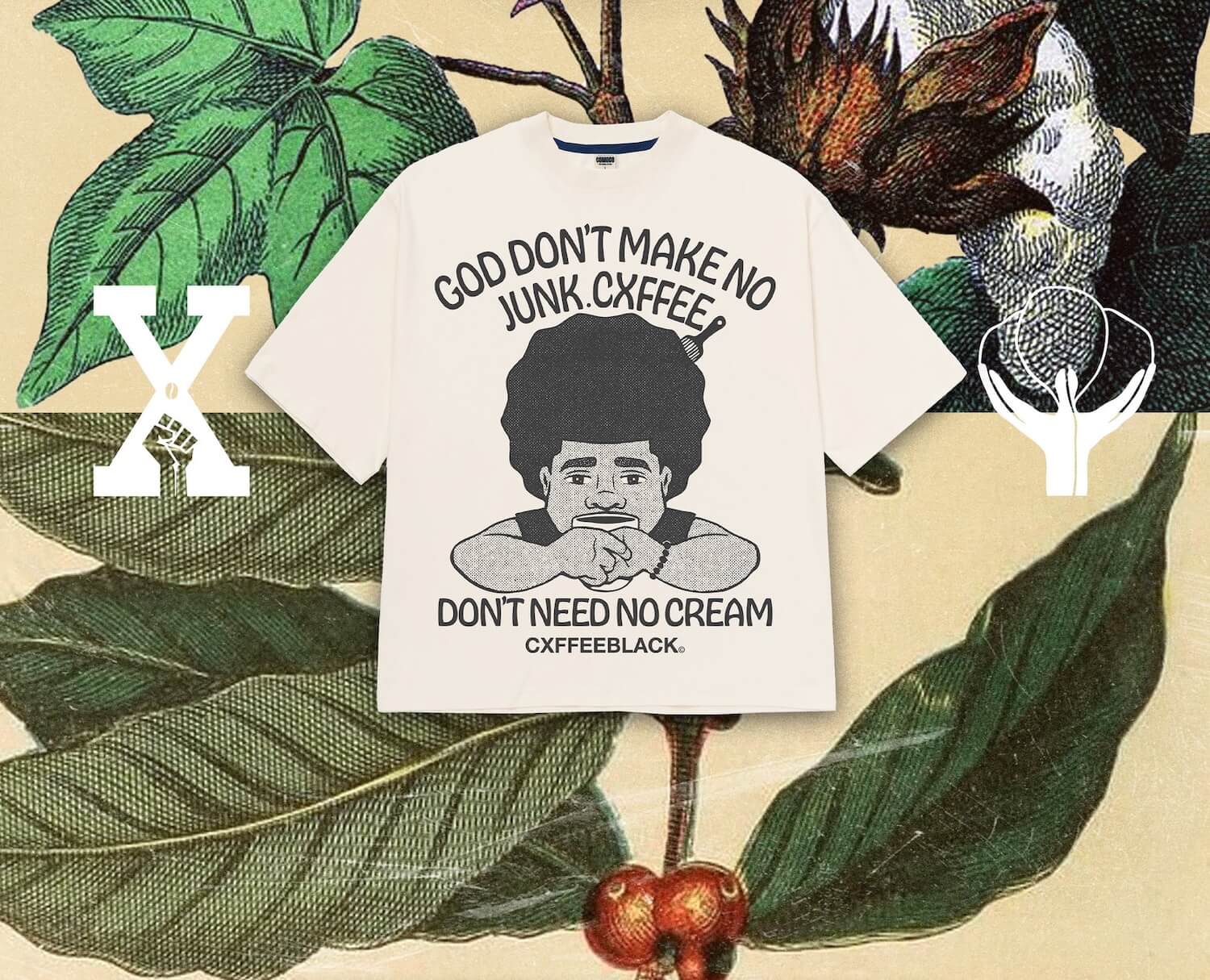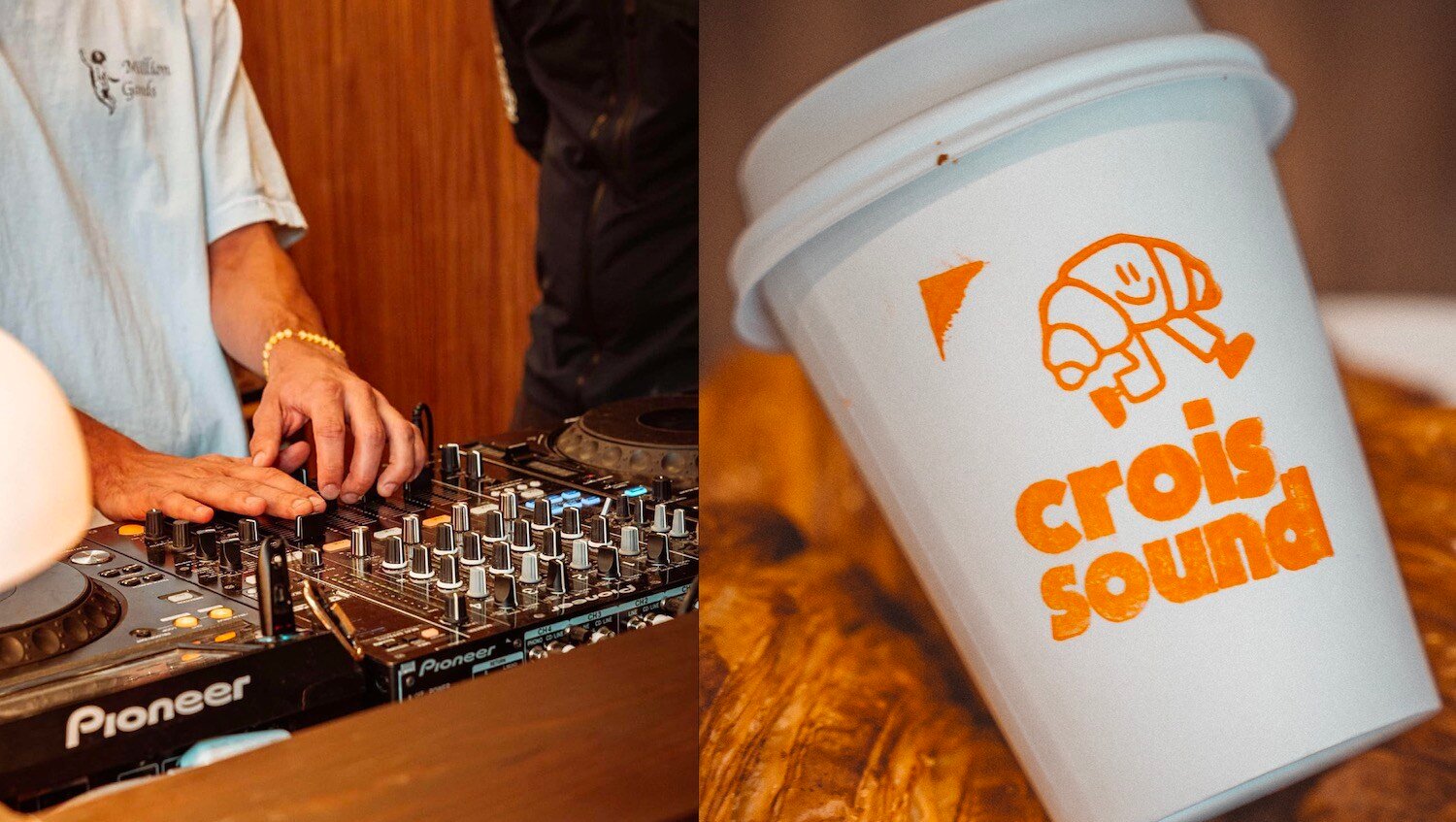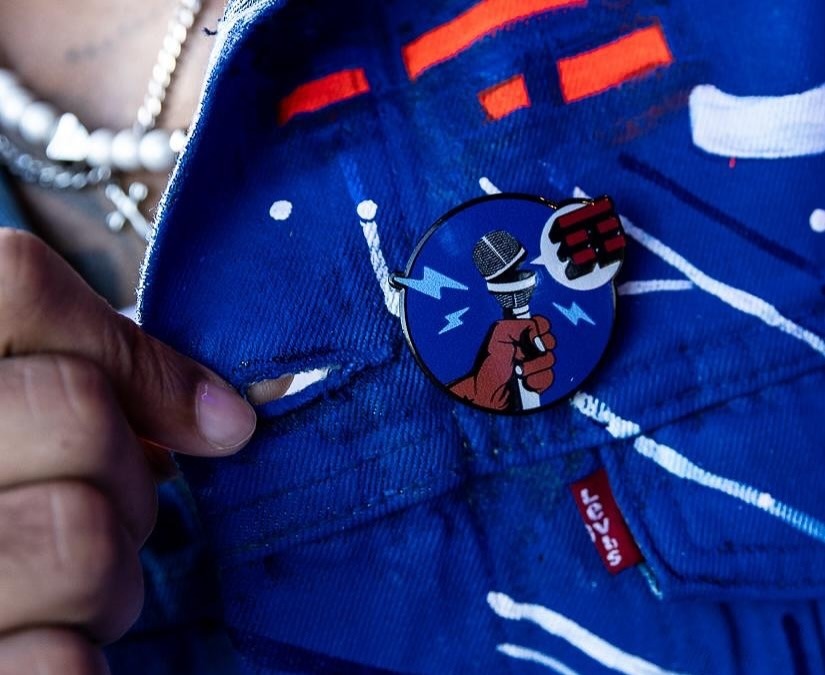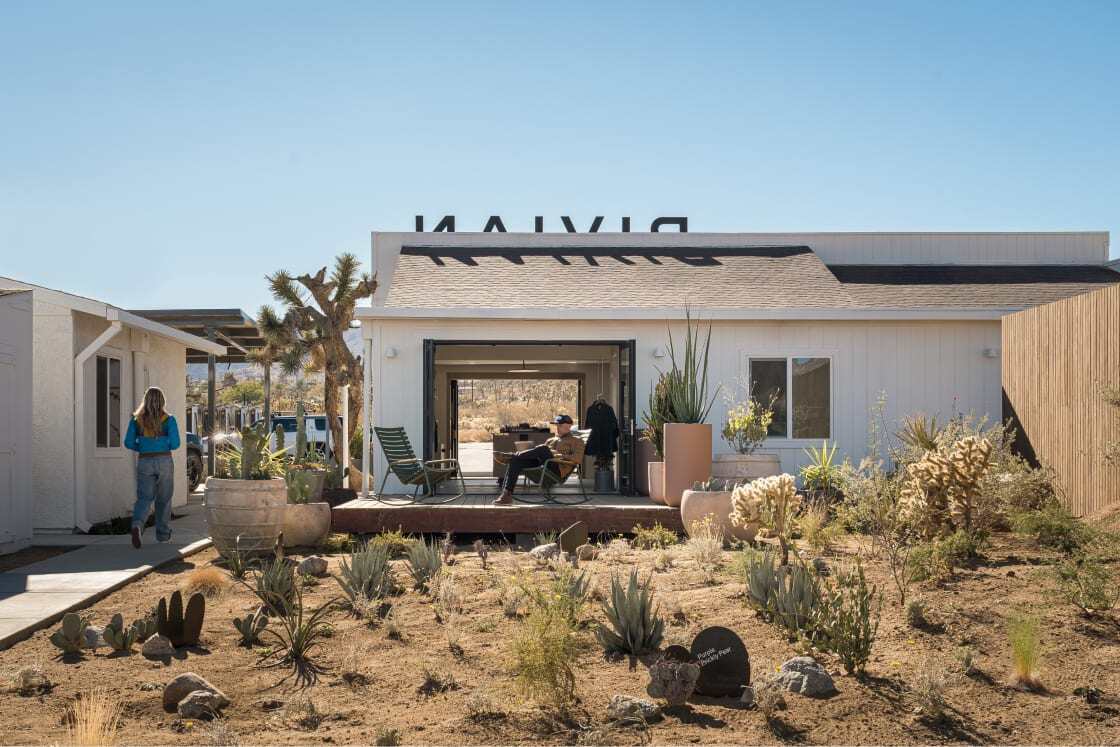The independent adult entertainment makers at Erika Lust have launched what they claim is the first-ever erotic immersive experience. Dubbed House of Erika Lust, the installation integrates digital art, audiovisual storytelling and virtual reality to explore human sexuality in an interactive setting. Held in a 1,000-square-meter secret venue in the Barcelona neighborhood of Poblenou, disclosed 24 hours before visitors arrive, the exhibition spans four themed rooms, including a 20-minute VR segment with varying levels of explicitness. Running in Barcelona through April 2025, tickets start at EUR 24 (USD 25), with plans for touring to London and Berlin.
Immersive experiences have gone from novelty to expectation. House of Erika Lust expands those expectations by applying them to erotic content and transforming the traditionally private — and often secretive — into a shared experience. Redefining where and how eroticism can be explored, it's creating a safe, inclusive space where visitors can engage with sexuality on their own terms. The experience is designed to encourage curiosity without discomfort, making room for a broader audience to take part, for example, by allowing visitors to choose between an explicit and an erotic tour. The rooms also reflect a growing demand for representation and inclusivity in adult content, moving beyond mainstream narratives and stereotypes to present a more diverse and nuanced view of sexuality.
By framing erotic content within a curated, branded environment, House of Erika Lust challenges social stigmas while establishing clear boundaries that prioritize psychological safety. For other companies navigating taboos and cultural sensitivities, the experience offers a blueprint for balancing openness with control — for brands, opportunities abound in reshaping how people engage with complex topics.
Select your country
- Argentina
- Australia
- Austria
- Belgium
- Brazil
- Cambodia
- Canada
- Chile
- China
- Colombia
- Costa Rica
- Croatia
- Czechia
- Denmark
- Estonia
- Finland
- France
- Germany
- Ghana
- Greece
- Guatemala
- Hong Kong
- Hungary
- Iceland
- India
- Indonesia
- Ireland
- Israel
- Italy
- Japan
- Kenya
- Latvia
- Lithuania
- Malaysia
- Mexico
- Morocco
- Netherlands
- Nigeria
- Norway
- NZ
- Paraguay
- Phillippines
- Poland
- Portugal
- Puerto Rico
- Romania
- Serbia
- Singapore
- Slovakia
- Slovenia
- South Africa
- South Korea
- Spain
- Sweden
- Switzerland
- Taiwan
- Thailand
- Turkey
- UAE
- UK
- Ukraine
- US
- Uruguay
- Venezuela
- Vietnam
Select your country
- Argentina
- Australia
- Austria
- Belgium
- Brazil
- Cambodia
- Canada
- Chile
- China
- Colombia
- Costa Rica
- Croatia
- Czechia
- Denmark
- Estonia
- Finland
- France
- Germany
- Ghana
- Greece
- Guatemala
- Hong Kong
- Hungary
- Iceland
- India
- Indonesia
- Ireland
- Israel
- Italy
- Japan
- Kenya
- Latvia
- Lithuania
- Malaysia
- Mexico
- Morocco
- Netherlands
- Nigeria
- Norway
- NZ
- Paraguay
- Phillippines
- Poland
- Portugal
- Puerto Rico
- Romania
- Serbia
- Singapore
- Slovakia
- Slovenia
- South Africa
- South Korea
- Spain
- Sweden
- Switzerland
- Taiwan
- Thailand
- Turkey
- UAE
- UK
- Ukraine
- US
- Uruguay
- Venezuela
- Vietnam




